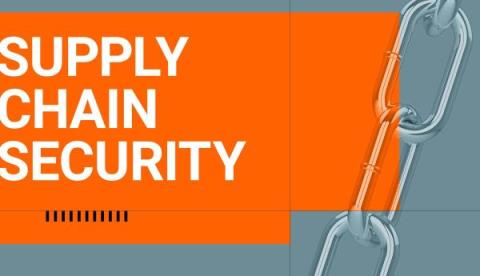How Cloudsmith Helped Protect the Software Supply Chain in 2023
As the "new guy" here at Cloudsmith (I was named CEO in August), I'm learning more every day about how customers use us to protect their software supply chains. We're doing everything we can to give you a single source of truth for every artifact - whether it's an open source package, a Docker container, a Linux image - that enters your software supply chain, and everything that you produce on the other side.










